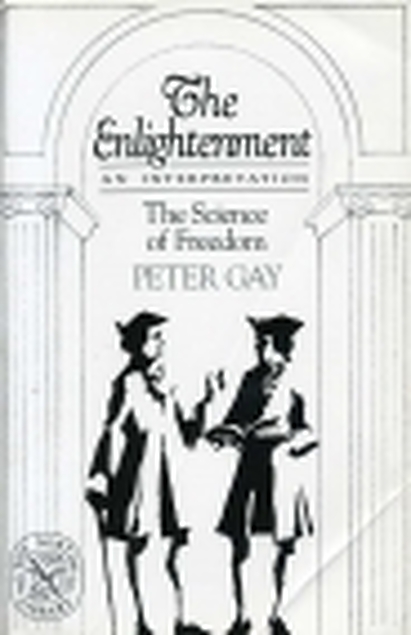Tanya Pearson "Why Marianne Faithfull Matters" (Faber & Faber)

Are you looking at this title and thinking ‘Who the hell is Marianne Faithfull?’
Author and oral historian Tanya Pearson has jackhammered this riveting bio and critique into ‘Why Marianne Faithfull Matters’ ( originally published by the University of Texas Press), unearthing all that was borne of Faithfull from quirky ingenue to the time and tone-worn cliches of ‘surviving icon’ and ‘legendary chartreuse.’ What gives this book its curbside edge is the gut-busting honesty of Pearson interweaving her personal insight as a gay, drug-addicted woman hell-bent on destroying herself and somehow finding a way out of her own demonic dream state.
Pearson as you can guess is no stranger to the life that Faithfull inherits. Her piercing dissemenation latches onto your head, shaking sense into how Faithfull (like a lot of undocumented female musicians who lived through the misogynist atmosphere of the 60s and 70s) got through with just enough breath left in her to continue fighting to this day.
Faithfull’s quirky upbringing and bohemian lifestyle (massaged into her by mother Eva) led to her first big break: ‘As Tears Go By,’ penned by Mick Jagger, Keith Richards and the Stones’ manager, Andrew Loog Oldham. Oldham had been bitten by the beauty of Faithfull and was convinced he could propel her to stardom (past her folk-style presence) just as Brian Epstein had grown and nurtured his stable of stars after The Beatles began their stratospheric ascent.
1964 was just the beginning of a life that Faithfull didn’t voluntarily embrace. As much as noted by Pearson, Faithfull was a product of her times. Not content with her rising status nor well-equipped to handle the circus that put her out for display, Faithfull began the well-labeled and misguided life that has come to represent her public persona: marrying art dealer John Dunbar, having a baby, abandoning her family for Jagger and becoming addicted to heroin.
Pearson weaves her own conflicted identity and addiction struggles as a companion piece, and while this might be off-putting for some readers, Pearson needs to make this point again and again. If Faithfull didn’t have the ‘voice’ to rise above her demons (past the mythology of the drug bust at Redlands or her overdose while filming ‘Ned Kelly’ with Jagger or the explosion of attention for ‘Broken English’), then Pearson has brought her own bile forward to this tale.
Addiction is a vile animal and if you can finally emerge on the other side with purpose and meaning no matter how long it takes, then that life is worth documenting. Pearson has rebuilt her broken past to become someone who documents women in rock and it’s importance for those that experienced and evolved from it. I would agree that Faithfull has lived several lives that aren’t exclusively hers - look at the framework in artists like Courtney Love and Amy Winehouse and make the painful connection: Why were these women publicly vilified for their talents? How did they rise up and yet were beaten down by the male-dominated rock press and where did Winehouse go wrong when Faithfull pushed on?
In many ways, I appreciate Pearson giving us a view that is honest, embarrassing, cringy, brave, head-shaking, and finger-pointing with interludes of hope: Faithfull rose out of alcohol, drugs and ill health and as Pearson was writing at the time, praying to God that Covid-19 in all its stupidity would not take her and that this all would be an extended obituary. Thankfully that was not the case until this year alas.
What drew me into this narrative wholeheartedly was Pearson. Were it not for the overall punch given to how society treats women in the music business, why would Marianne Faithfull matter? Because she holds a microphone and can still speak out loud about her life. Also, her music since "Broken English" has been eclectic and wonderful. In a nutshell, that’s why.


